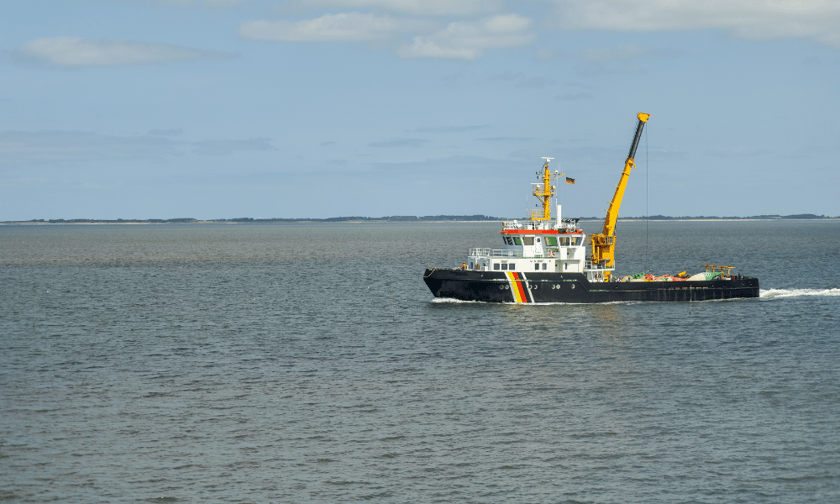

The offshore sector must better understand and integrate the principles of General Average (GA) when drafting charter-party contracts, experts warned during a seminar held by the International Underwriting Association of London (IUA) and the Association of Average Adjusters (AAA). The event, chaired by Ann Waite, honorary chair of the AAA, took place on Nov. 13, 2024, and emphasised the implications of GA for offshore operations.
General Average, a maritime principle with deep legal roots, ensures the equitable sharing of costs incurred during a common peril at sea. “General Average is a simple cost sharing agreement where all parties involved in a common maritime adventure contribute to indemnify the party who incurred costs or suffered a sacrifice of their property to save other property involved in the adventure from common peril,” explained Alf Inge Johannessen, AAA associate and senior claims manager at DOF. Examples include deploying a tug for a grounded vessel or jettisoning cargo to protect the ship.
Michiel Starmans, AAA fellow and director legal department of the Spliethoff Group, argued that offshore vessels are no exception to GA principles. He noted that offshore vessels often transport equipment and property owned by various entities, such as subsea vehicles or components for wind turbines, all of which are typically insured by separate parties.
“General Average applies to all property in peril in a common maritime adventure and this clearly includes moving cargo/equipment from a storage port to an offshore construction or operational site. It will also cover the period the vessel is working on the site,” said Starmans. “The principles of General Average apply equally to the offshore sector as they do to any common voyage.”
The speakers highlighted several standard offshore charter-party contracts, including Heavycon 2007, Heavyliftvoy 2009, Supplytime 2017, and Windtime 2013. While these contracts often include knock-for-knock clauses—where parties bear their own losses—Starmans stressed the need for clarity in the coexistence of GA and such clauses.
He pointed out that since Windtime 2013, GA clauses have been omitted from some contracts, potentially leading to disputes. “GA is embedded in the law of all maritime countries, in English law, for example, it is contained within the Marine Insurance Act,” he said. “This means that GA principles can always be relied on by a party wishing to make a GA claim, but omitting to include a GA clause in the contract is likely to make such a claim more contentious (adjustment as per the uncertain law of the place of destination instead of the well-known York-Antwerp Rules).”
The absence of GA clauses could affect multiple insurance covers, including hull and machinery (H&M), cargo, construction all risks (CAR), and subsea equipment insurance. Furthermore, protection and indemnity (P&I) clubs may not address unrecoverable GA contributions if GA is excluded from contracts, leaving cargo interests exposed.
The speakers urged the offshore sector to proactively address GA in contracts and insurance arrangements. Johannessen emphasised, “General Average is there as a matter of law. If contracting out of GA, parties should be fully aware of the implications and consider securing special insurance cover for what cannot be recovered from other parties.”
He also recommended that vessels include reasonable GA absorption limits in H&M policies to simplify procedures for smaller incidents.
Do you have something to say about this story? Share your thoughts in the comments below.
